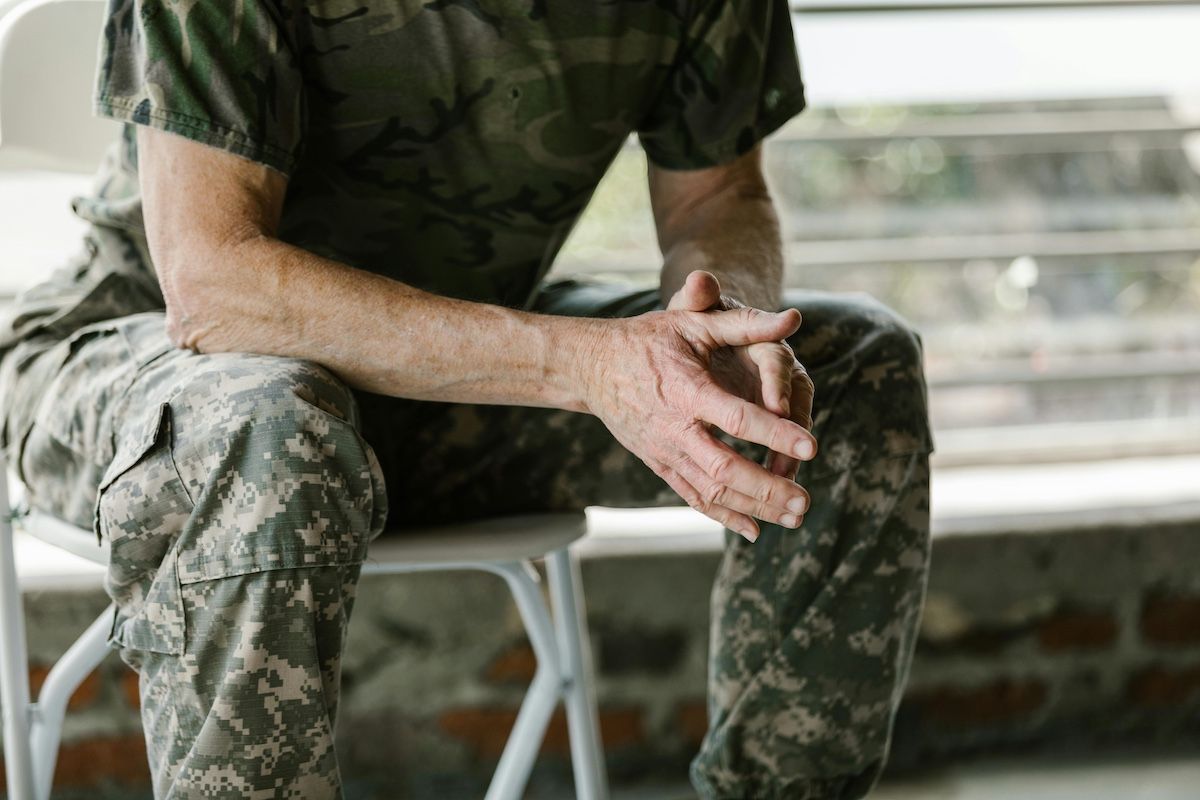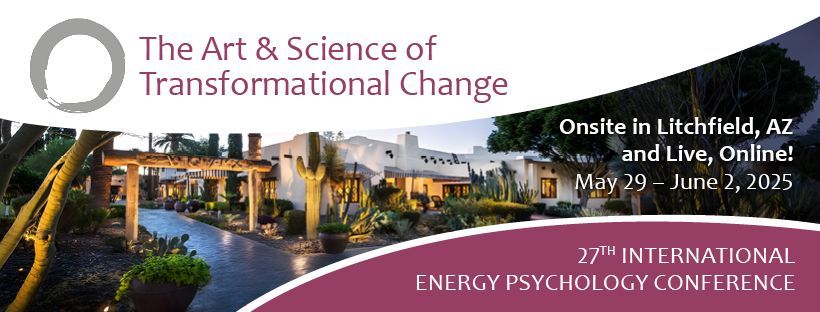Attending your first Association for Comprehensive Energy Psychology (ACEP) Conference can be both exciting and a little overwhelming. With so many inspiring speakers, engaging workshops, and opportunities to connect with like-minded professionals, it’s easy to feel unsure of where to begin. Whether you’re an experienced practitioner or simply energy psychology-curious, here are my top tips to help you make the most of your first ACEP conference.
5 Must-Know Tips for First-Time ACEP Conference Attendees
1. Don’t Skip the Research Symposium!
One of the best ways to ease into the conference experience is by attending the Research Symposium the day before the official conference. This session showcases cutting-edge research in energy psychology, giving you a front-row seat to emerging insights in the field. And it's free with conference registration.
But beyond the knowledge, the symposium offers a built-in community right from the start. When I attended my first conference, I found that engaging with researchers and presenters in this setting made me feel more at home. Instead of feeling like an outsider, I walked into the rest of the conference recognizing familiar faces and feeling immediately connected to the energy psychology community.
2. Embrace Movement Breaks—They’re More Than Just a Stretch!
After hours of sitting in deep, thought-provoking sessions, the Qigong, Tai Chi, or other movement activities offered during breaks can be a lifesaver for your body and mind.
But here’s something you might not expect—these movement breaks are one of the best ways to meet people. Unlike networking in hallways or between sessions (where everyone is rushing to the next talk), movement activities create a natural space for organic connection.
At my first ACEP conference, I met a now-dear friend after a movement break when we struck up a conversation and discovered our shared love for the Sedona, AZ area. That kind of connection is priceless, and it wouldn’t have happened if I had just gone straight for coffee between sessions!
3. Attend the Regional Breakfasts—A Hidden Gem for Networking
If you want to connect with like-minded professionals in your area, make time for the regional breakfasts. These gatherings are casual, welcoming, and fun, and they’re usually led by someone well-connected in the field who can introduce you to others in your region.
For first-time attendees, this is one of the easiest ways to build relationships that last beyond the conference. It’s one thing to meet people at a national event, but it’s even more exciting to walk away with connections that could lead to collaborations, referrals, masterminds, or even friendships back home.
4. There’s Zero Need to Feel Intimidated
Walking into a professional conference for the first time can feel intimidating—especially when you see a room full of PhDs, MDs, LPCs, LCSWs, and every other credential in the book.
I get it. When I attended my first ACEP conference, I was just starting my graduate studies and didn’t know a single person. I took a leap of faith and sat at a lunch table, unknowingly joining a group of major figures in the field—Dawson Church, David Feinstein, and multiple ACEP board members. I had no idea who they were at the time, but what struck me was how warm, welcoming, and excited they were to engage with my “newbie” questions.
It wasn’t until months later that I realized exactly who I had been sitting with—but that experience shaped my perspective on ACEP as an open, inclusive, and encouraging community. Everyone is there because they love energy psychology and want to see it grow—so if you have questions, ask away!
5. Get Involved—Your Ideas Are Welcome!
One of the most unique aspects of ACEP is how easy it is to contribute. Unlike some organizations where it takes years to get involved, ACEP offers low-barrier opportunities to bring your ideas to the table—literally.
Want to see energy psychology expand? Have an idea for an initiative? Attend a committee lunch. I did this on a whim during my first conference. I had an idea for improving blog visibility and mentioned it to someone at a happy hour event—who turned out to be an ACEP board member. They encouraged me to attend a Communications Committee lunch, and by simply showing up with my lunch, I was able to share my thoughts, contribute, and get involved. Want to plan ahead for which committee you might like to join? See the committee list here.
These committee meetings are not only a great way to contribute but also a fantastic CV builder if you're looking to deepen your professional experience in the field.
Final Thoughts: Make the Most of It!
Your first ACEP conference will be what you make of it. Whether you’re there to learn, network, or explore how energy psychology fits into your professional journey, one thing is for sure—you’re in for an inspiring and transformative experience.
So take a deep breath, embrace the connections, and enjoy every moment of this incredible gathering. You belong here.
Learn more about the conference and register.
Author
Katherine Romero is a doctoral student in clinical psychology, life coach, Reiki practitioner, and somatic breathwork practitioner. Passionate about the intersection of mind, body, spirit, and energy in healing, Katherine explores the role of intergenerational trauma, consciousness, ancestral healing and holistic approaches in mental health. A long-time advocate for integrative practices, she is excited about expanding the reach of energy psychology and supporting her clients as a therapist-in-training.





